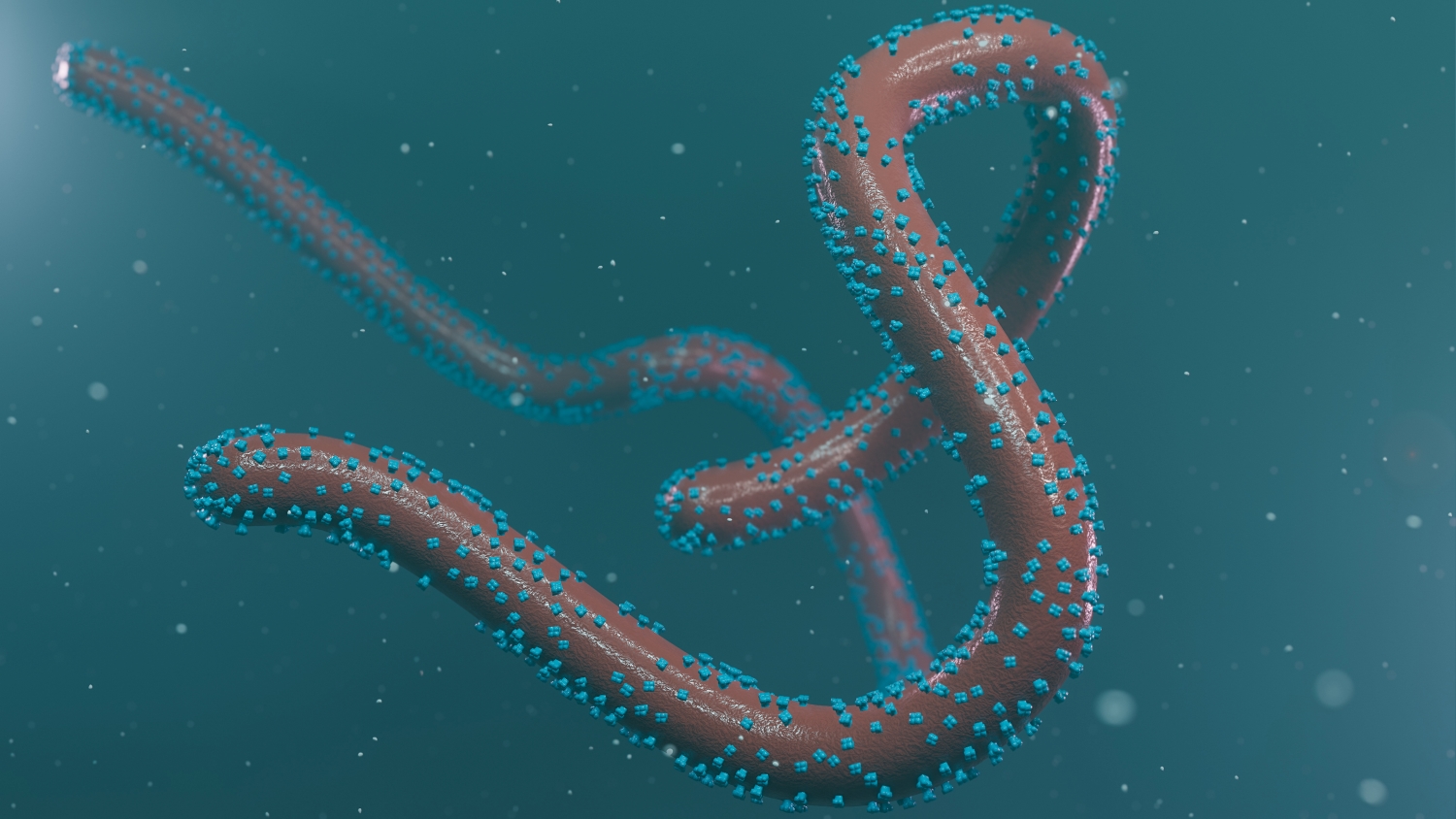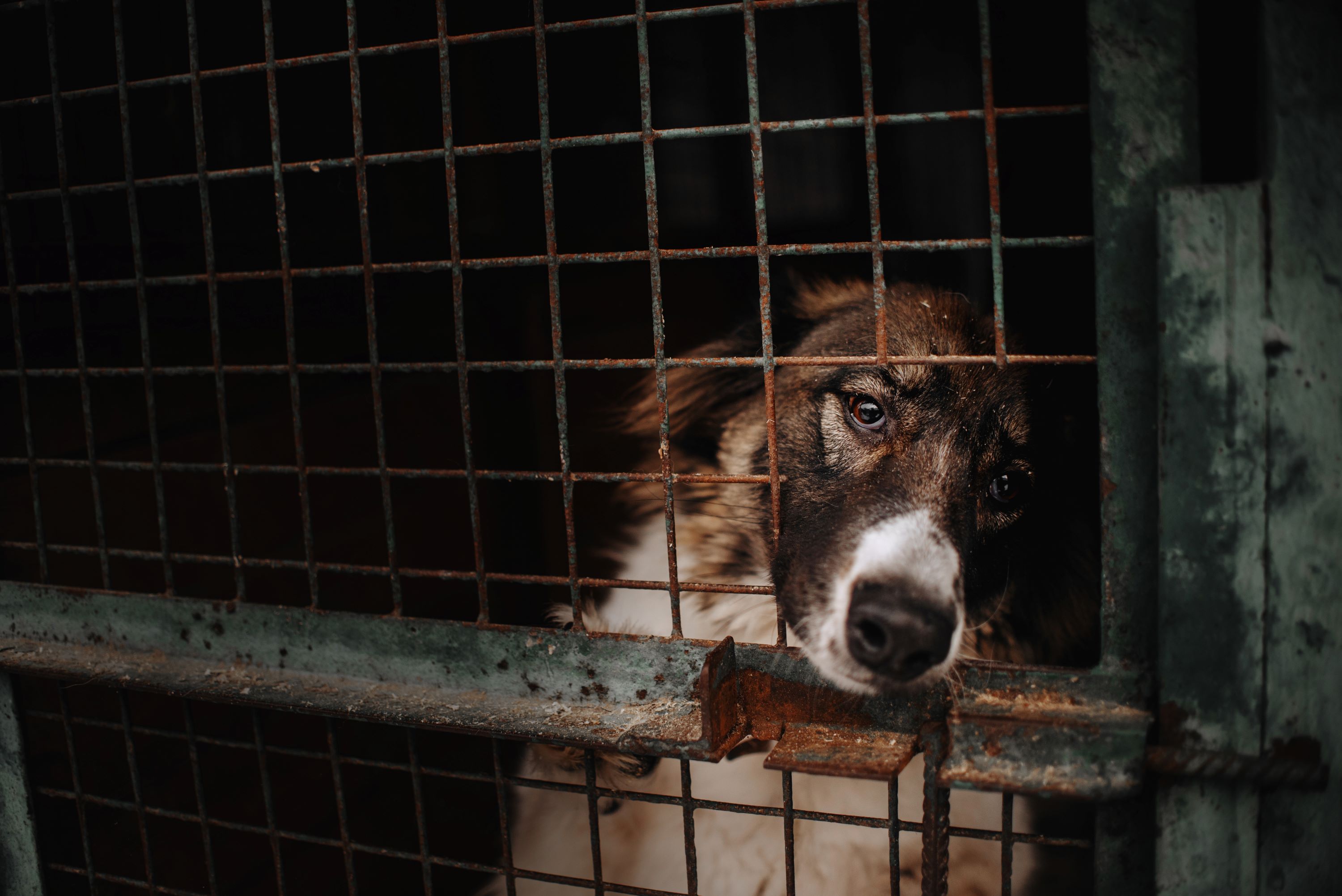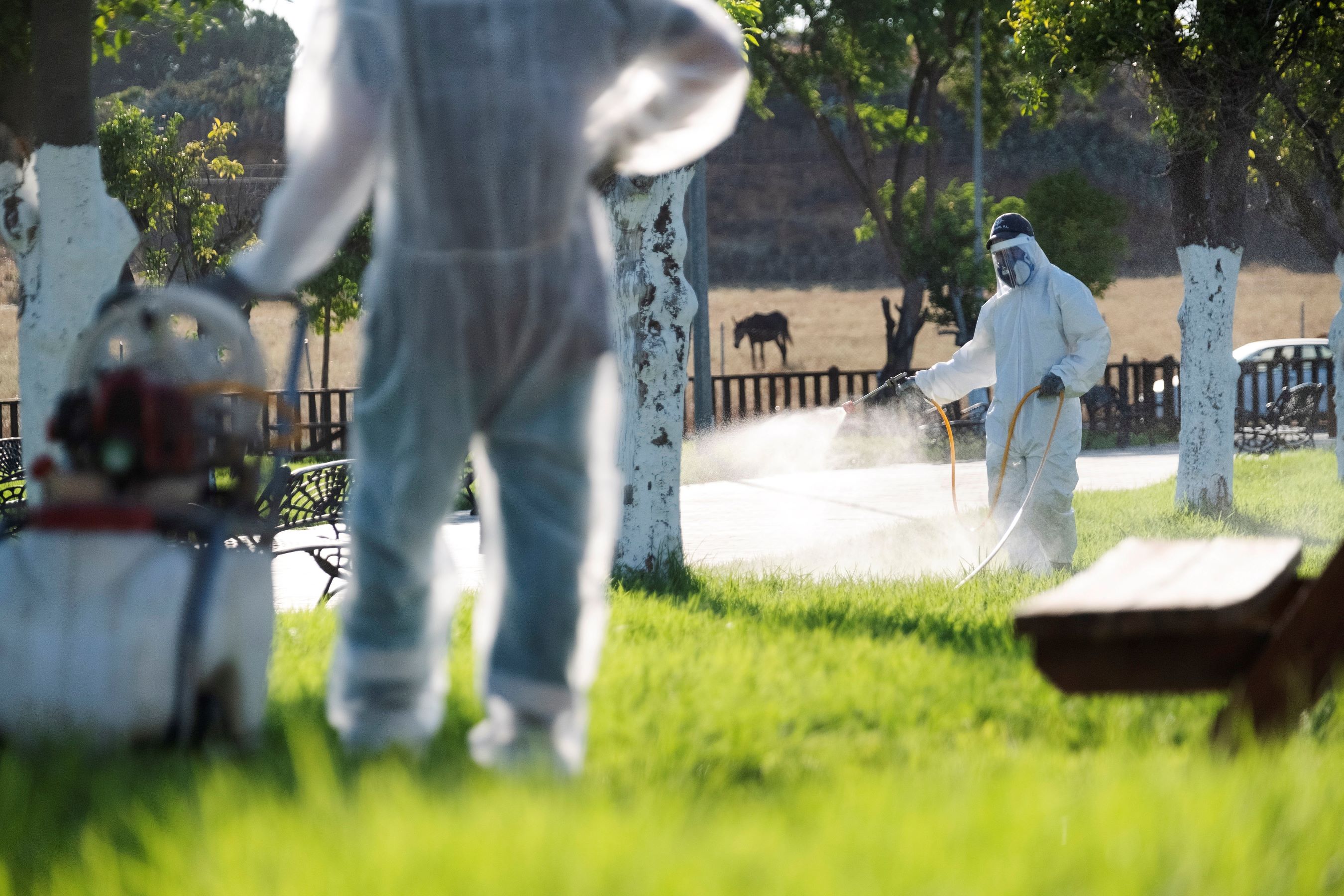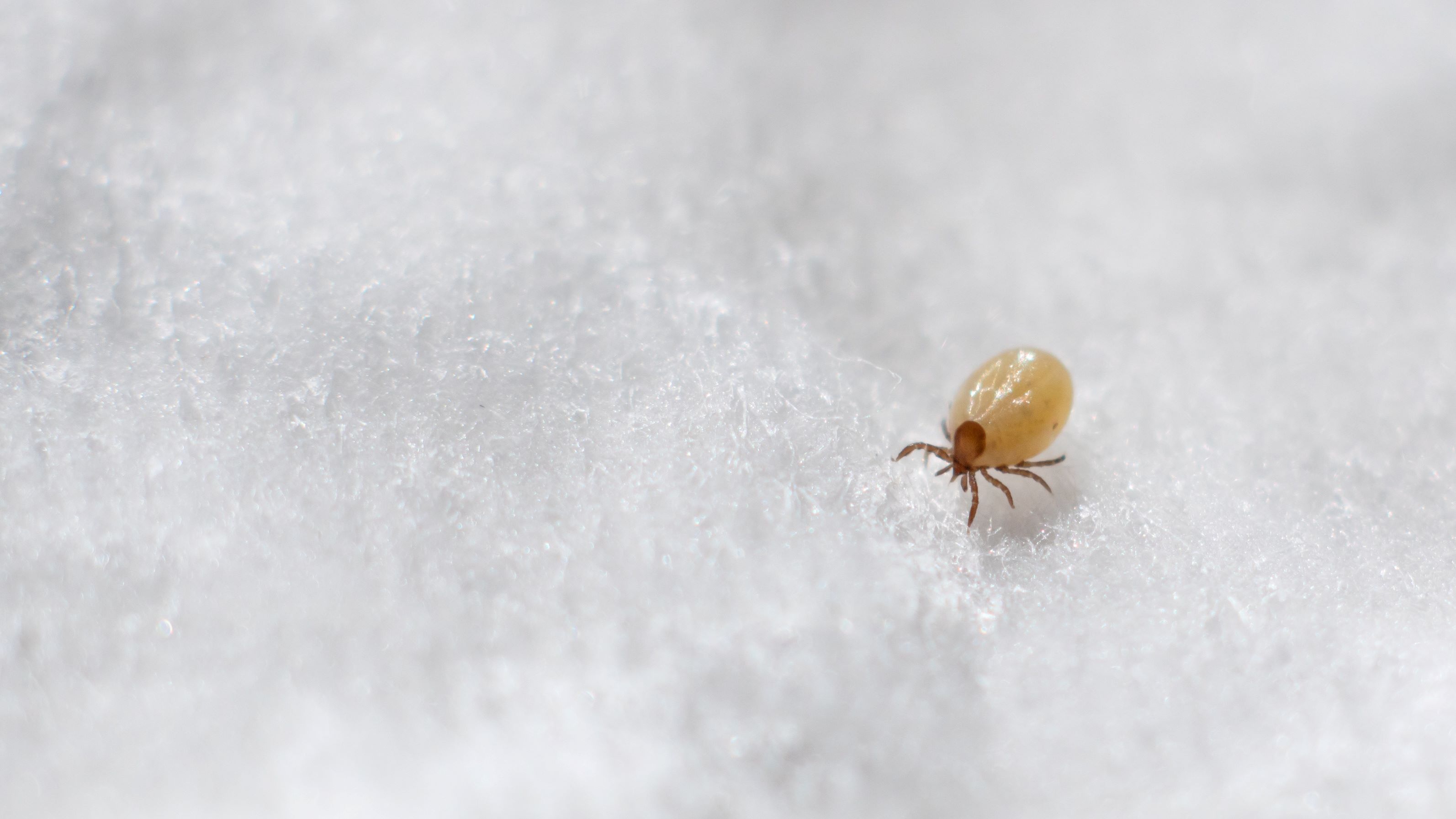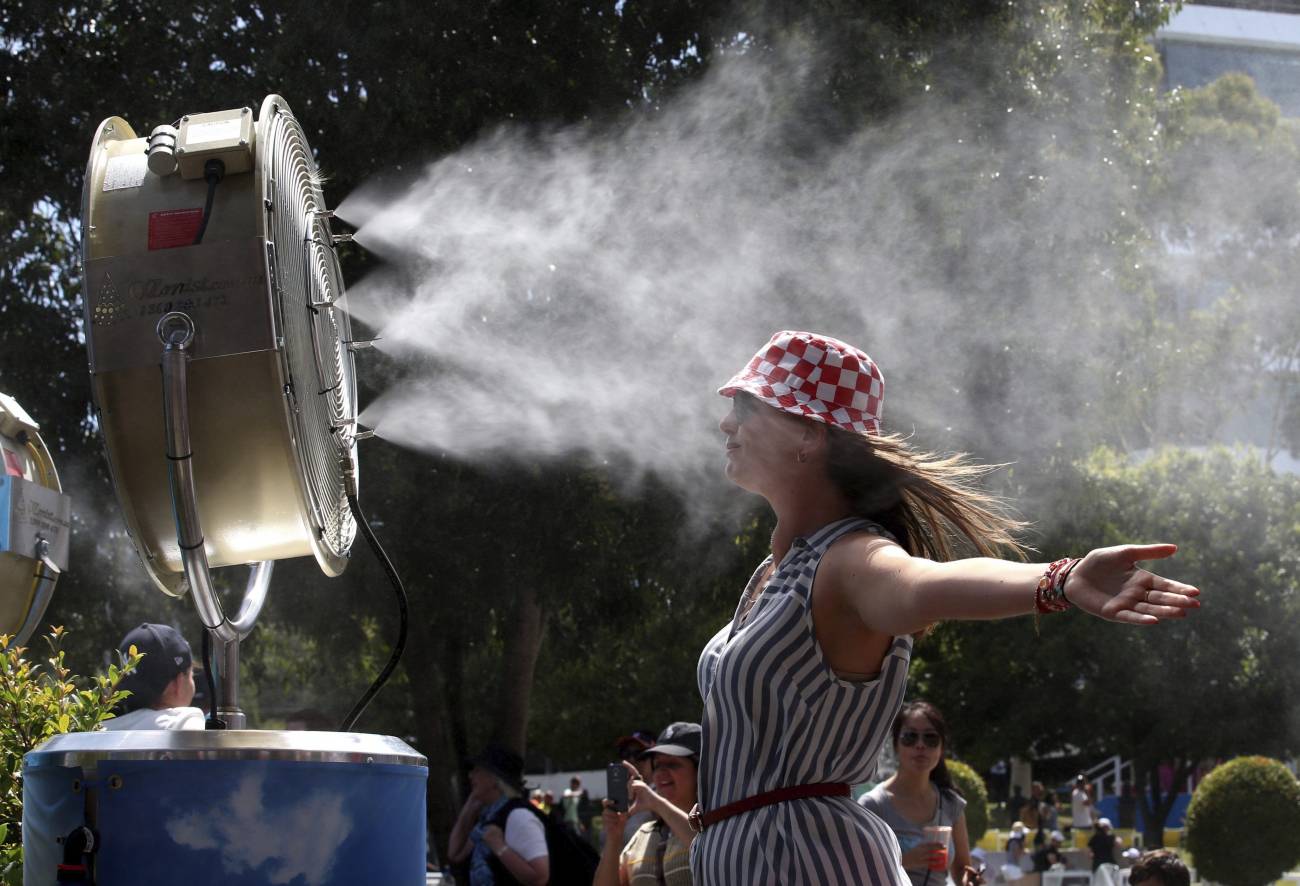Questions and answers on the Marburg virus outbreak in Rwanda
In Rwanda, according to the latest ECDC data, 25 cases and 11 deaths have been detected in what is already the third largest outbreak of the Marburg virus to date. The WHO considers the overall risk to be low and possible imported cases from Belgium and Germany - reported only yesterday in Hamburg - have proved to be false alarms. What is of concern is the national and regional spread of a virus for which mortality can be as high as 88% and for which there is no treatment or vaccine. In this article we answer the main questions.
